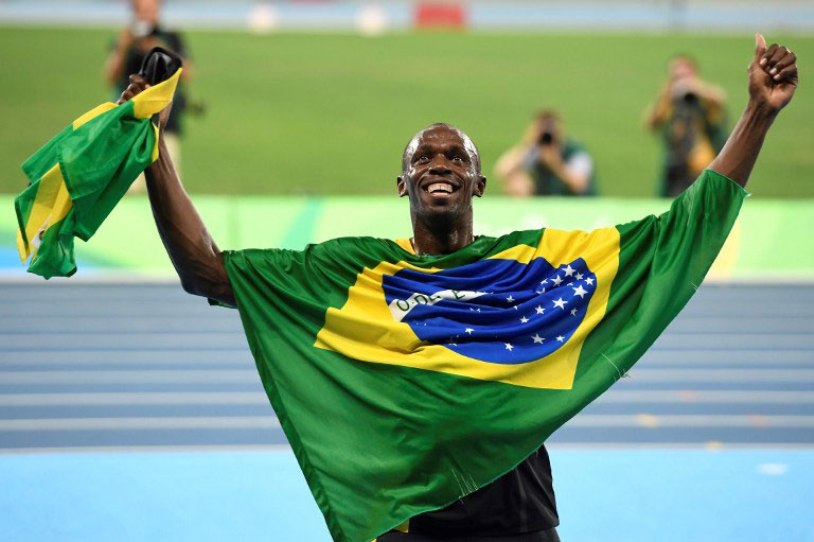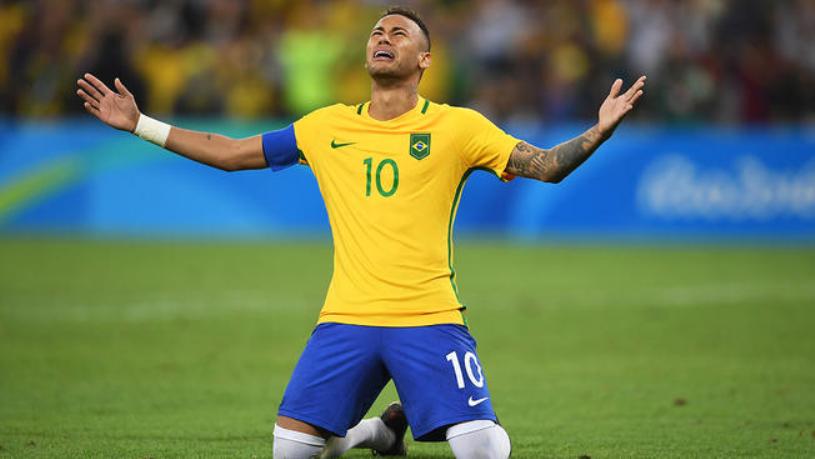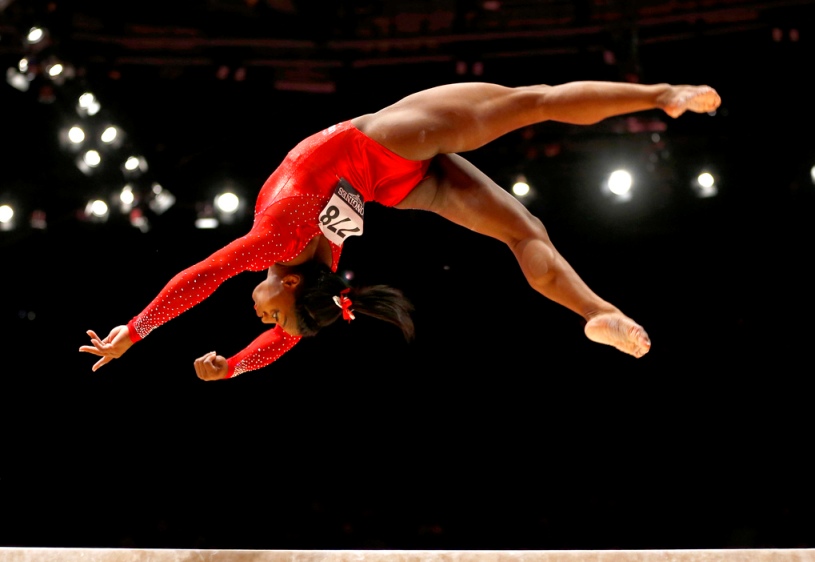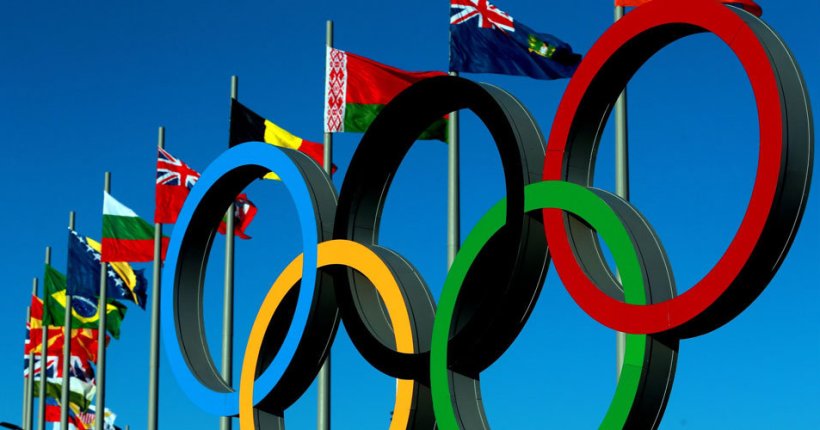
Rio de Janeiro returned to the cold reality of Brazil’s political crisis and recession Monday after bringing a carnivalesque curtain down on its Olympics festival and passing the torch to Tokyo.
After a 16-day extravaganza of sporting heroics from the likes of Olympics legends Usain Bolt and Michael Phelps, Brazil woke up to the hangover of suspended president Dilma Rousseff’s looming impeachment trial and its worst recession in more than eight decades.
Brazilians have mixed feelings on hosting the Games, according to a poll released on the final day, which found that 62 percent think the Olympics brought more harm than good.
At the same time, 57 percent were proud the event boosted Brazil’s image abroad.
“There are doubts on the use of public money for events of this nature when there are other priorities, especially considering the economic crisis,” summed up Marcia Cavallari, the head of the firm that carried out the poll, Ibope Inteligencia.
Security fears, concerns over Zika, off-field scandals and organizational gaffes were relegated to the background as South America’s first Olympics ended in a blaze of color late Sunday with an exuberant closing ceremony.
Smiling and waving athletes danced into the Maracana stadium to launch an all-night party after Olympics chief Thomas Bach described the Rio Games as “marvelous.”
But even as Olympics highlights reels continued to loop on Brazilian television, the nation’s attention began to shift back to the capital, Brasilia, where Rousseff will go on trial before the Senate on Thursday on charges of fudging the national budget to make the numbers look better.
Rousseff, who denies breaking the law and condemns the process as a “coup,” has paid a heavy price for the recession and a spiralling corruption scandal at state oil giant Petrobras — which is separate from her impeachment case but has tainted the entire political class.
Interim president Michel Temer is not faring much better.
Booed at the opening ceremony and harangued wherever he went, he stayed out of sight for Sunday’s closing celebrations.

– ‘The greatest’ –
But memories of swimming legend Phelps and the “immortal” Bolt will linger after they set the 2016 Olympics alight.
The American swimmer, the Jamaican sprinter and a long lineup of others helped the Games rise above the taint of scandal following the exposure of state-sponsored doping in Russia.
And the hosts got to revel in a priceless moment in the sun on the final full day and fittingly in football. The home men’s national team earned its greatest Olympic memory by winning the men’s gold medal.
The country celebrated long and loud when Neymar won the penalty shoot-out against Germany to erase memories of their 7-1 World Cup semi-final humiliation in 2014.
Earlier, the glory belonged to Bolt, 29, who made history when he sealed the sprint “triple triple” in his final Games, his third consecutive 100m, 200m and 4x100m sweep.
Bolt, who had said the feat would make him “immortal,” was matter-of-fact about his 12 years of Olympic dominance.
“There you go. I’m the greatest,” he said.
It was Phelps who set the first week on fire when he took his unmatched career haul to 23 gold medals with another five in Rio before heading into retirement.
Then came Rio standout Katie Ledecky. At the age of 19 she obliterated her own world record in winning the 800m freestyle, uniting the 200m, 400m and 800m titles for the first time since 1968. The American added the 4x200m relay gold as a bonus.
Another 19-year-old newcomer, Simone Biles, dominated the gymnastics arena with her record-equalling four women’s gold medals and a bronze at her first Games.
“I’m not the next Usain Bolt or Michael Phelps. I’m the first Simone Biles,” she said.
A catalogue of outstanding achievements in Rio included Britain’s Mo Farah, who captured a “double double” of 5,000m and 10,000m titles.

– Sporting superpowers –
The United States topped the medal standings, matching their 46 golds from London four years ago ahead of Britain, who sealed a surprise second place ahead of China with 27 golds to 26.
Russia — with around half their team, including the track and field stars, banished from Rio following doping revelations — finished fourth with 19 golds.
Scandal also struck during the Games as police seized passports, phones and computers in a raid on the Irish Olympic office, following the arrest of Irish International Olympic Committee member Patrick Hickey over an alleged black market tickets scam. – Agence France-Presse


































